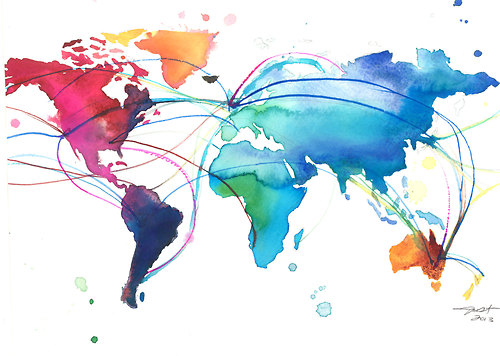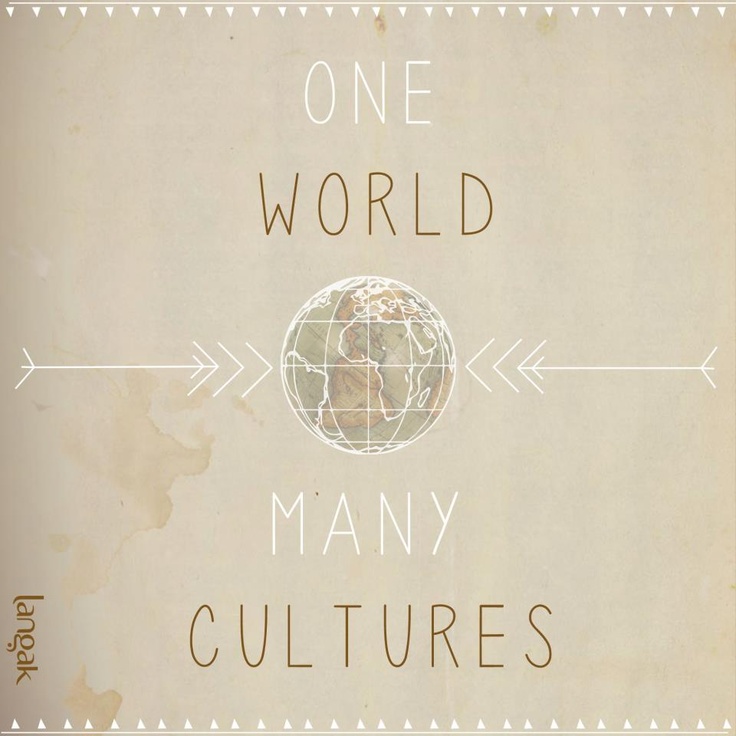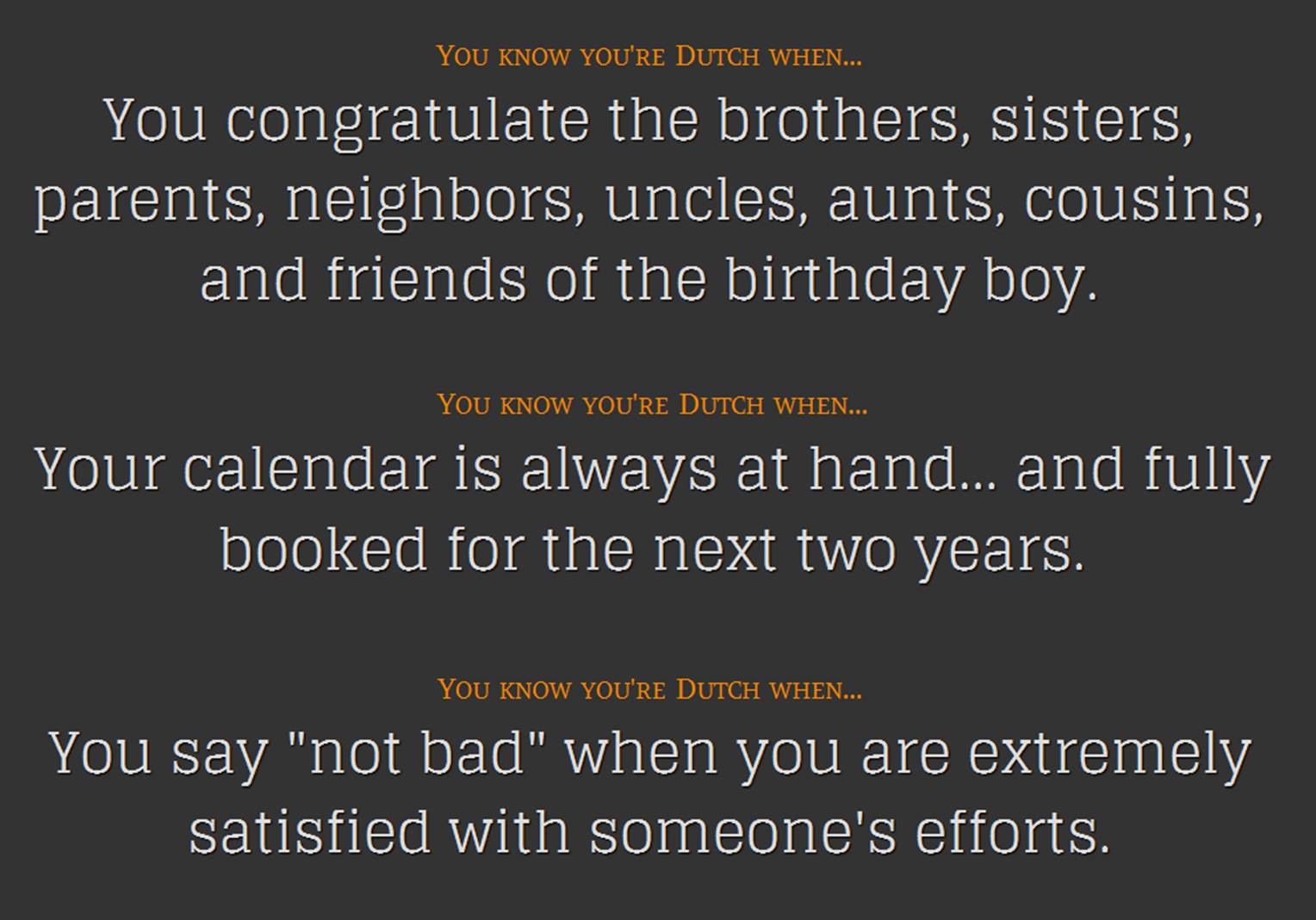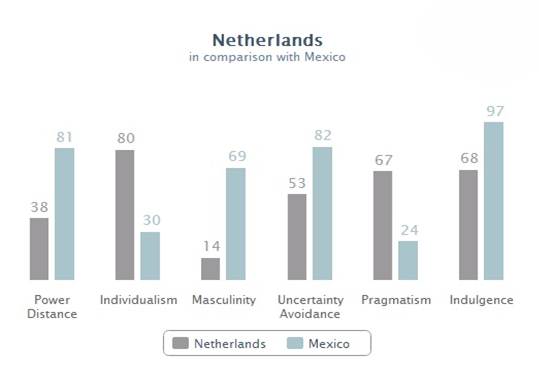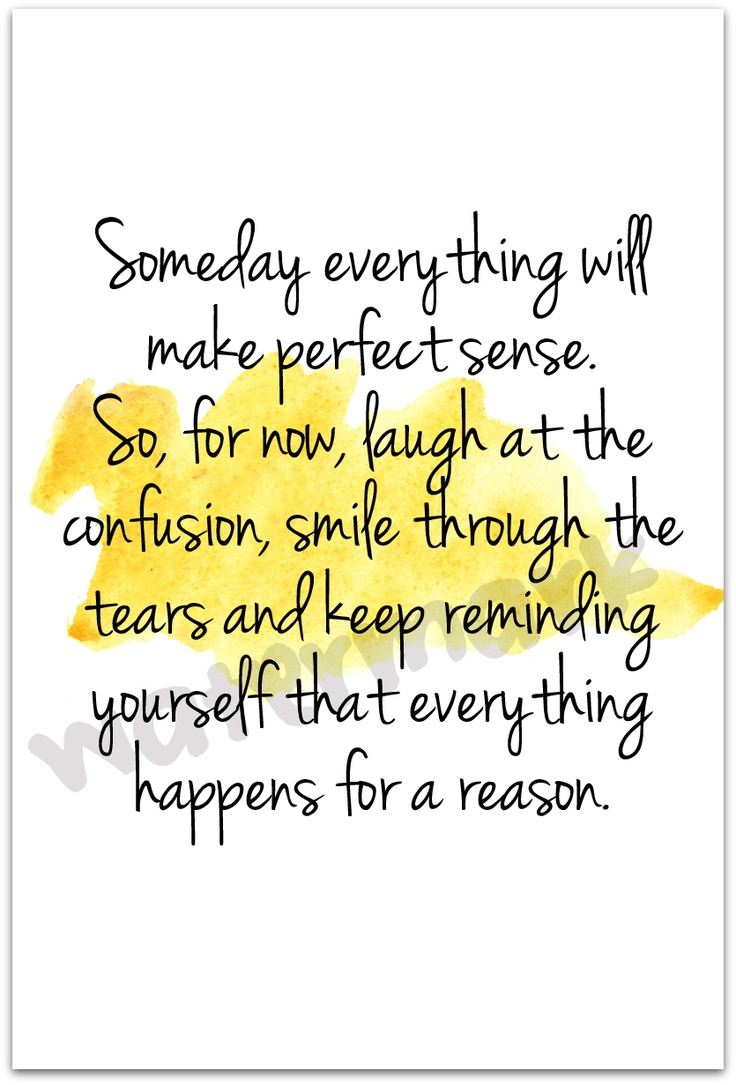Be curious, not judgemental
– Walt Whitman –
Companies have their Assigned Expatriates (AE´s) usually (not always) participate in cross-cultural training before relocating abroad. Although many factors affect overall expatriate adjustment, cross-cultural training can contribute significantly to the success of international assignments.
International moves of individuals, or Self-Initiated Expatriates (SIE´s), normally don´t seek out for guidance of intercultural experts. Due to high prices, cross-cultural training is often not even considered before departure.
I wish I researched or was guided more before moving overseas. I´m sure it would have made the change a lot more comfortable. And it wouldn´t have been neccessary to spend hunderds of euros on a professional coach. With a little bit of creativity you can prepare yourself for the change of cultures. Let me show you:
CCT in a Nutshell
Cross-cultural training consists of two parts: pre-departure training and post-arrival training. In the pre-departure training the focus lies on gaining cultural knowledge that is available in your home country. The purpose of post-arrival training is addressing cultural adaptation issues while gaining cultural experience in the new country.
The combination of the two types of trainings makes expats adjust faster in the foreign environment on both psychological level (the feeling of well-being or satisfaction) and sociocultural level (how well one functions in the unfamiliar community).
Several benefits of cross-cultural training:
- Increase of understanding one’s own culture
- Reduce of stereotypic thinking
- Development of realistic expectations
- Decrease of culture shock
- Going faster through Oberg’s four phases of adaptation
- Overall better cross-cultural competence and interpersonal communication
#5 Exercises for Your Own Cross-Cultural Training
Pre-Departure Exercises to Gain Cultural Knowledge
Exercise 1 – Cultural Self-Awareness
Cross-cultural training starts with analyzing your own cultural baggage. When I once picked up the book The Undutchables I was mainly surprised about all the stereotypical nonsense that was described about the Dutch culture. But was it really nonsense? Or was I simply not aware of the behavioral aspects since it was me they were talking about?
Even if not all information applies to you, researching your own culture develops a sense of cultural self-awareness which forms the basis for exploration of other cultures. Find out what experts say, how is your culture described in travel guides, etc. You´ll see that it´s refreshing to read the observations of foreigners. It gives new insights about where you come from.
Moreover, it makes you aware of stereotypic thinking. You realize that not everything people write about cultures can be generalized.
Exercise 2 – Cross-Cultural Comparison
Cultures exist only in comparison to other cultures. Based on this assumption Professor Geert Hofstede analyzed cultures for many years. His research is internationally well recognized and his six cultural dimensions are widespread in the field of antropology. You should know them all:
- Power Distance Index
- Individualism vs. Collectivism
- Uncertainty Avoidance Index
- Masculinity vs. Femininity
- Long-Term Orientation
- Indulgence vs. Restraint
If you go to his website or install the GPSCulture app, you can directly compare your own culture with the culture you´re moving to based on the six cultural dimensions. This is what I got for comparing the Netherlands and Mexico, two fairly opposite cultures:
Depending on the cultural distance, i.e. the gap between the cultures, you want to spend more or less time researching the differences. How? Through available tools and resources, for example (history) books, documentaries, online sources, literature, etc. Define the most remarkable similarities and differences.
This excercise creates a much better understanding of the cultural-jump you´re making and you develop realistic expectations of your future living environment.
Exercise 3 – Experts by Experience
Excerice 3 involves interaction with “Experts by Experience”. People who have made the move abroad and can tell you about the difficulties and share tips while also warn for pitfalls. All kinds of experiences with switching cultures can be helpful, but look preferrably for people who moved from your native country to your destination country.
Look for at least three Experts. This can be someone who wrote a book or blog about his/her life abroad or someone in your social network (a friend of a friend of a friend) whom you can send an email or ask for a Skype call, etc. Try to really make an effort to find your Experts by Experience. Upload a message in Facebook, check out blogs and interviews at Expats Blogs, and join the global organization Internations, etc.
Before contacting your Experts, determine what you want to know from them. Don´t stop your search for Experts before you have satisfying answers to all of your questions.
Example questions for your “Experts by Experience”:
- What was the biggest cultural difference you´ve come across and still causes occasional headaches?
- Name three things that go differently at work than you were used to.
- Can you explain how socializing works? Any tips on how to broaden your social circle?
- Did you get culture shocked at some point? If yes, how did you overcome it?
- What is your best advise for learning the language as fast as possible?
- You learned in Excercise 2 that [fill in] works very differently at home, you´re a bit nervous now about that, how did you deal with it?
- What did you expect of life abroad and did it give you what you were looking for?
- Is there something you would have done differently with the knowledge you have now?
Post-Arrival Exercises while Gaining Cultural Experience
Exercise 4 – Look for a Mentor
This is probably the most important excerice of all. Especially in the beginning phase, it´s crucial to have a mentor. This can be a colleague, friend (local or expatriate), teacher, language buddy or neighbour. You don´t neccesarily have to call him/her your mentor, but its good to know someone you can always turn to with whatever doubts and questions you may have. Sometimes this person just shows up because he/she knows you´re new and feels you can use some help. Other times you have to make a bigger effort to find your mentor.
What you´re looking for in a mentor:
- Comfort: Someone you feel comfortable enough with to share your feelings and ask
stupidbasic questions - Knowledge: Someone with knowledge about the country and its people
- Availability: Someone who is not too busy and has patience to talk to you
- Communication: Someone who explains things well and right to the point
- Understanding: Someone who´s aware of your limited knowledge and doesn´t judge you for it
- Well-Traveled: Someone who has traveled the world and may even know a bit about your culture
- Enthusiasm: Someone who likes to teach and happily provides you with additional information
- Kindness: Someone who may become your first real friend
It´s your responsibility to seek out for your mentor whenever you have problems or questions about your new living environment. Conserve a journal or notebook to write down the things you´d like to know more about. It will function as a reminder every time you speak to your mentor.
Also, if your mentor is a native, don´t force yourself to do absolutely everything in the foreign language. If foreign language use means jeopardizing your understanding of the host culture, switch to a language you do master. Even though your mentor can be both mentor and language buddy at the same time, bear in mind that those are two different goals that you must keep seperated as long as your foreign language skills aren´t good enough yet.
Having a good mentor is a truly great experience. I wish I could repay my debts one day by mentoring others. The work is voluntarily but very rewarding because it´s so much appreciated by the “clueless” student.
Exercise 5 – Find Common Ground
Up until now you´ve mainly focussed on the differences between the cultures. By the time you arrive at this excercise you understand how different you are from them and they from you. Your senses have been working extra hours and together with your mentor you´ve been trying to understand those differences.
Now it´s time for the next step. It´s time to look beyond the differences and look for common ground instead. What do you have in common? You´ll find out that beneath the surface there are also plenty of invisible things that we have in common. For instance, we all want to love and be loved in return and we all want to find out about life´s purpose.
Being able to see the common ground makes it easier to accept the differences and live peacefully together. It´s true that culture makes people seem so different from the surface but deep down we are all very much alike. I have no concrete steps for you to come to this insight. Succesfully living abroad among the natives I guess. I hope you do!
Extra Note:
If you do happen to have a budget for cross-cultural training, check out the trainings of Kwintessential. They have consultants all over the world and offer online trainings for individuals and groups.
Were these exercises useful to you? If you have more ideas for the selfmade Cross-Cultural Training please let us know in the comment section below.
